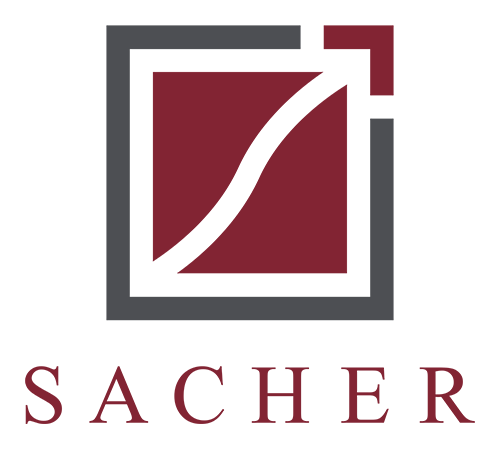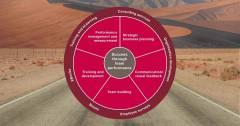Harold Monty Sacher
Empowerment and Delegation
Empowerment and delegation are how you create an organizational culture in which all employees use as much of their ability as possible, in a unified and synergistic way, so as to produce the results required by internal and external customers and stakeholders.
The Performance Management System
Many companies have strategic plans but they often do not work well because they are not implemented.
Organization strategy
Last month I wrote about the importance of a unified sense of direction, vision and business planning. The next essential component of team performance is the organization strategy.
Why plan?
How to double profit.
What would it cost to do what was necessary to develop a new group of people to a point where they were functioning with the same degree of effectiveness as the original organization?
Going it alone
Rewarding performance
Most reward systems are geared around a few individual managers rather than encouraging a philosophy of one team, one direction, and improvement of the overall system.
First we shape our structure, then our structures shape us
The purpose of the organizational structure is to provide a framework for achieving the predetermined long-term goals or strategy of the organization.
Order leads to more order, disorder leads to chaos
One of the major reasons why strategies in organizations fail is because they are not in accordance with general systems theory.
The micro CEO
Customer expectations have risen because increasing competition has led to higher and higher standards of quality and service.

















